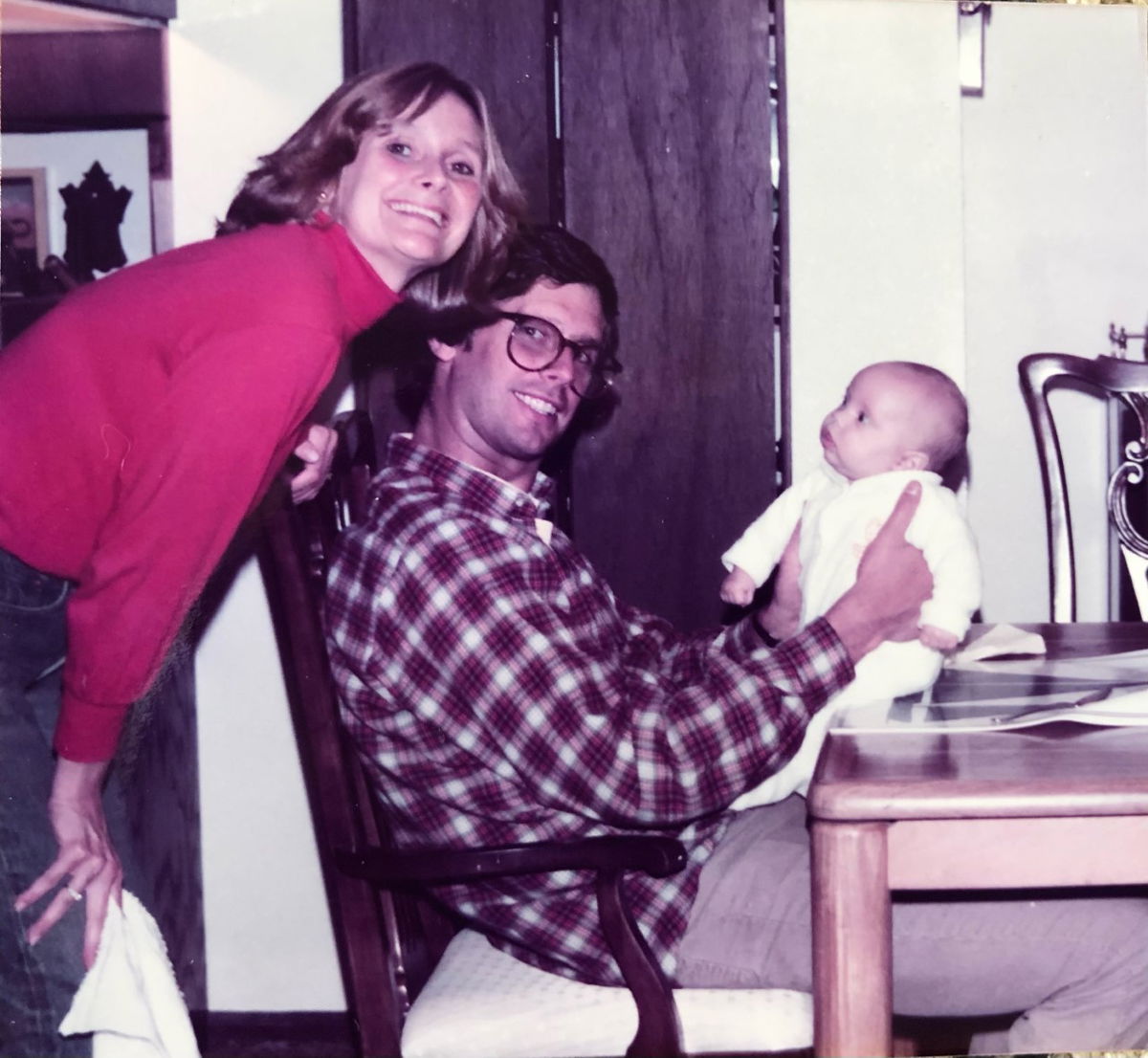40 years after making history as state’s first IVF mother, Colorado Springs woman reflects on triumph over trial
COLORADO SPRINGS, Colo. (KRDO) – Those who are the first, know first the struggle. And, if ever there was someone who embodied that phrase, it’s Ellen Weir Casey.
Forty years ago this month, the Colorado Springs woman was the first in the state to conceive a baby via in vitro fertilization – and one of the first IVF babies in the world. Indeed, in 1982, the concept was a foreign one; the practice only known by the layperson’s jargon, “test tube baby.”
Casey says she always knew she wanted to be a mother, but that title came after years of repeated setbacks.
She has detailed her story of determination and resilience in her new book, “Unstoppable: Forging the Path to Motherhood in the Early Days of IVF.”
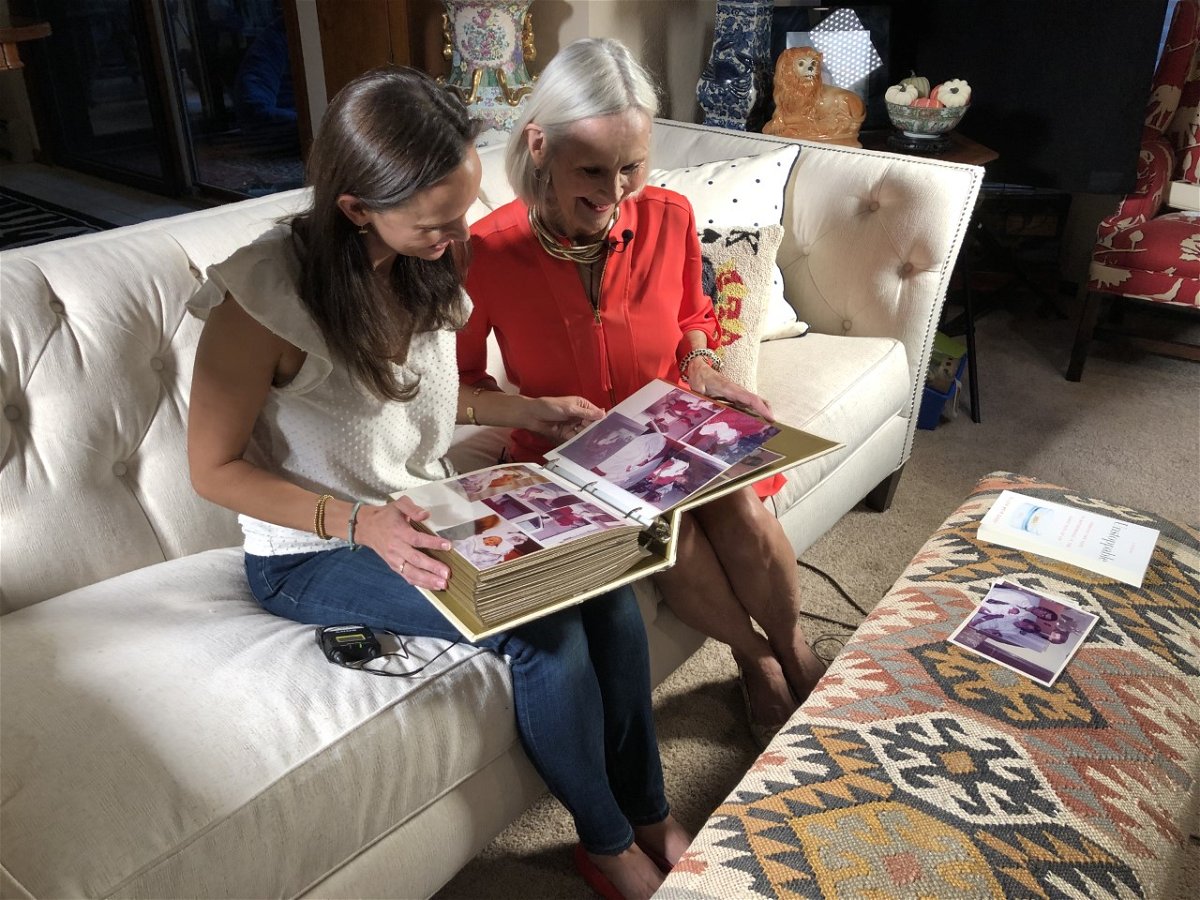
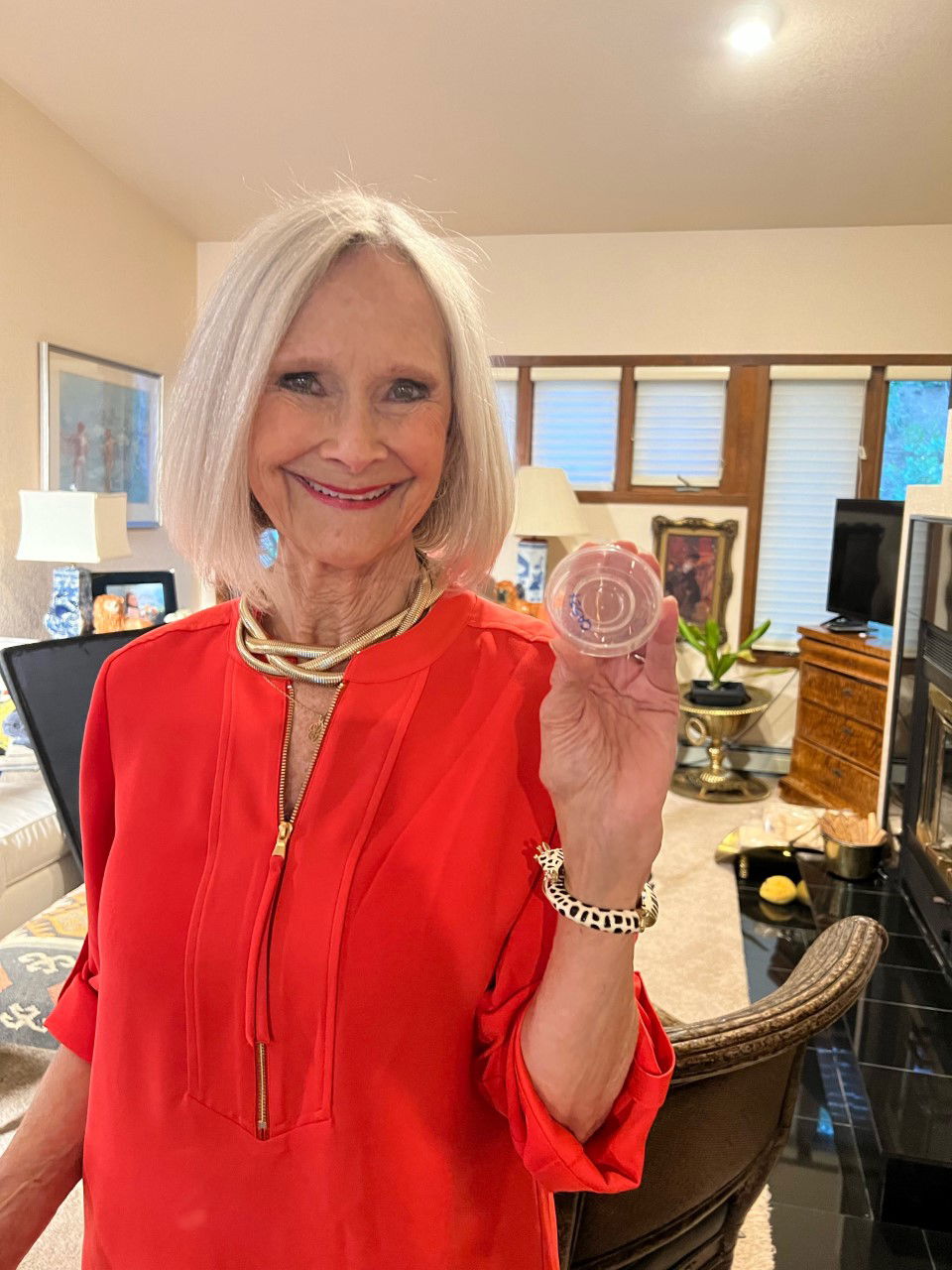
The now-grandmother writes of a devastating infection caused by an experimental intrauterine device which caused a domino effect of problems, including closing both fallopian tubes, rendering her unable to conceive.
"Women who are having a hard time becoming pregnant for whatever reason, or maintaining a pregnancy, have an overwhelming feeling of guilt," says Casey, recalling her internal struggle. “It felt like it was my fault."
The guilt was crushing for her, as both she and her husband Peter, wanted to have children right after getting married.
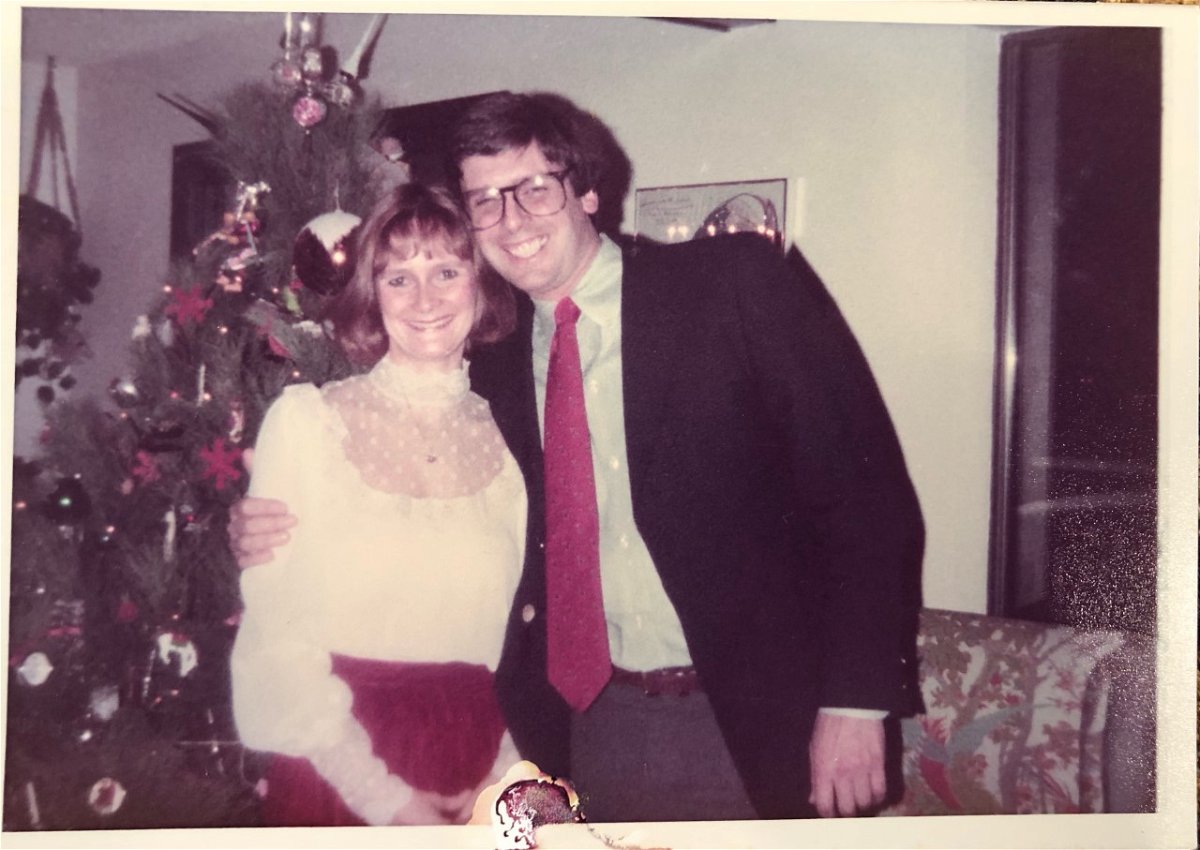
“We were old! We were 29!” says Casey.
Before the days of the internet, Casey would spend untold amounts of time researching ‘fallopian tubes’ in medical journals at the Pikes Peak Library, trying to find any way to undo what happened to her.
That led her to a doctor in Vancouver, who specialized in microsurgery. He would successfully open one of her fallopian tubes, which marked the first of eight surgeries she would have in four years.
Ellen would, in fact, get pregnant after that surgery – but eight weeks into her pregnancy, she had excruciating pain. From her copious research, she knew what it meant: it was an ectopic pregnancy. Her fallopian tube would, in fact, rupture, nearly killing her.
"It put my life in immediate peril. I had such a pain in my side, I couldn't even speak,” Casey says gravely.
The setback would have sidelined most others, but not Casey. She would further research another doctor, specializing in opening fallopian tubes utilizing another cutting-edge procedure, with lasers.
That, too, would not prove successful, as another infection would riddle her insides.
Another surgery, another setback.
Avenues of surrogacy and adoption –which were also explored with equal fervency – were also closed doors.
And yet: Casey’s astute OBGYN in Colorado Springs kept his eye on medical trials that, at the time, were kept under wraps. He connected her with a program at the University of Texas, Health Sciences Center, which was spearheading some of the nation’s initial “test-tube baby” research.
Casey was one of the few selected.
“I was thrilled. I was walking on air every day," she remembers.
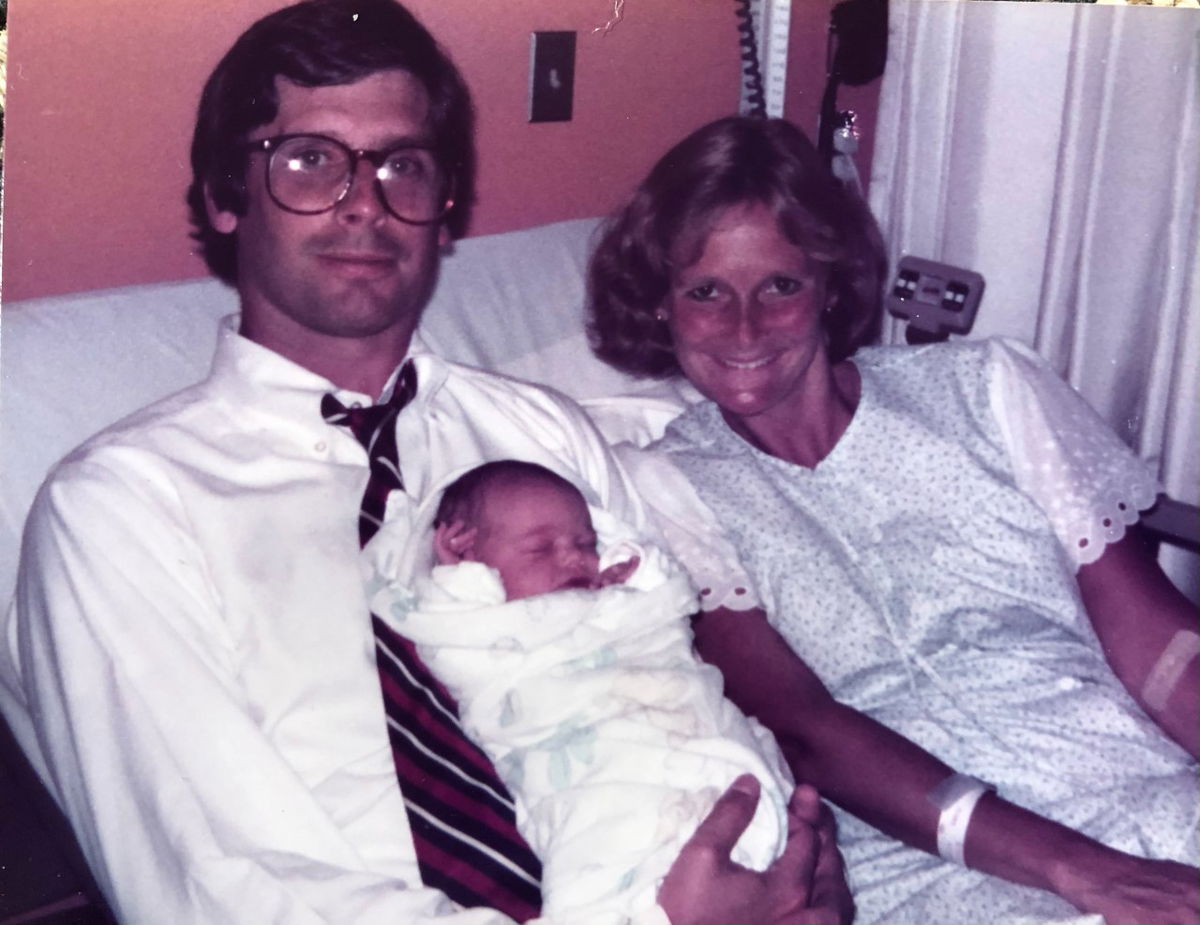
This time, the experimental procedure would work – and be wholly successful.
Ellen would give birth to a daughter, Elizabeth, in August of 1983.
"I felt then – and still do -- such an obligation to share the hope of this family-building technology,” says Casey, smiling. “I helped move this along maybe a little bit faster.”
